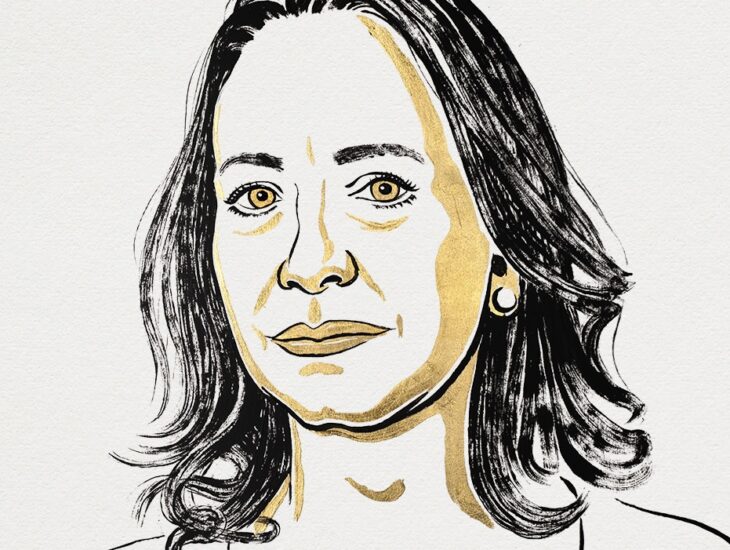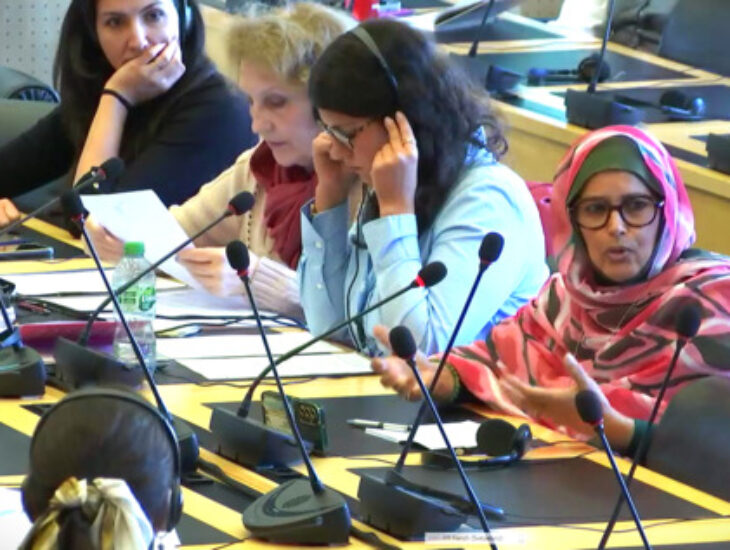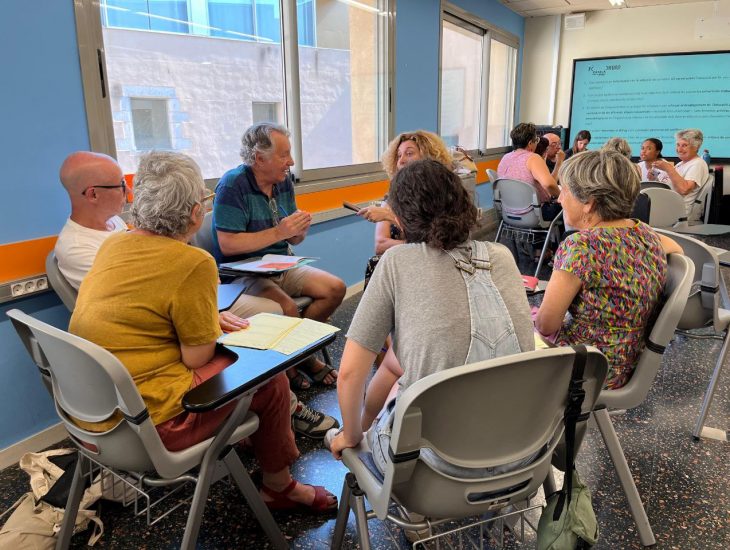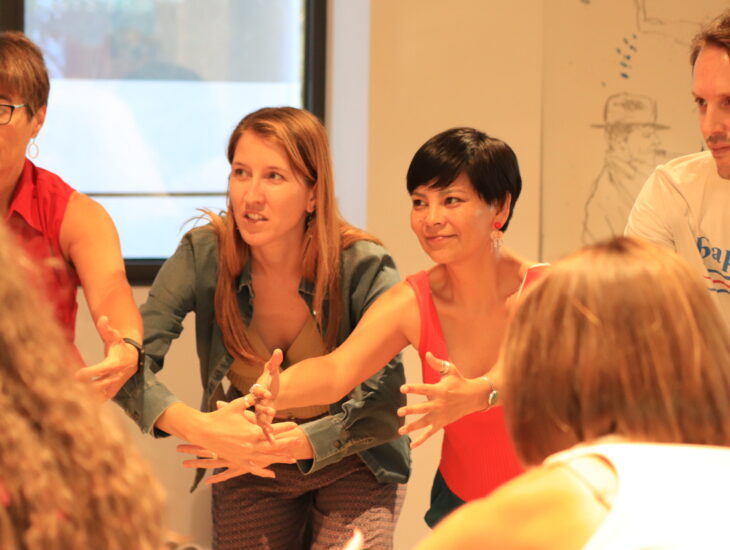Nowadays, there are nearly 20.000 nuclear weapons spread around the world, 2.000 of which are ready to be used at any moment. These are the most destructive instruments and with the most indiscriminate effects ever created, with devastating medical, environmental, social and cultural consequences. The current nuclear capacity, mostly in the hands of the United States and Russia, is equivalent to 100.000 Hiroshima nuclear bombs, sufficient to end with all forms of life in the planet several times. A very threatening reality that was denounced last Thursday 11th July in the debate organized by the International Catalan Institute for Peace (ICIP), FundiPau and the Centre for Peace Studies JM Delàs within the framework of the Nuclear Abolition Week.
The event counted with the participation of Robert Jacobs, researcher at the Hiroshima Peace Centre, who focused on the effects of nuclear testing and on the consequences of the accidents in nuclear power plants, such as the Fukushima one in March 2011. Over 2000 nuclear testing have been carried out around the globe since 1945, which entails high level of radiation and serious consequences over the population in the long term: consequences on people’s health – radiation fallout contaminates the atmosphere and causes illnesses such as cancer—but also social and cultural consequences. According to Jacobs, ‘in many locations where nuclear testing have been carried out, local inhabitants have been forced to evacuate; this means that they have been disconnected from their way of life and traditions, and that they have lost their social independence and their dignity, as they are then identified as contaminated persons’.
Nuclear colonialism
All through nuclear history, the most affected by the consequences of radiations have been the socially marginalized populations; this is what Jacobs calls nuclear colonialism: ‘France has never tested near Paris, but in Alger and the Polynesia; and Russia has carried out their testing in Kazakhstan, where people still live in contaminated areas and still eat contaminated horse meat’.
Banning, the only solution
The perils of nuclear weapons are due to their own existence, and the only guarantee against their proliferation is to eliminate them. In this sense, researcher of the Centre for Peace Studies JM Delàs, Xavier Bohigas, highlighted that ‘nuclear bombs are a threat even if they are not used, as the necessary elements for their production are already highly radioactive’. Bohigas also stated that this type of weapons is ‘an aberration’ because of the pubic expenses that they entail (105 billion dollars in 2011), and affirmed that the only solution is to ban nuclear weapons.
Director of FundiPau, Jordi Armadans, presented the International Campaign to Abolish Nuclear Weapons (ICAN), of which both FundiPau and Centre JM Delàs are members. The campaign is present in 60 countries and defends the necessity of a treaty to abolish nuclear weapons. According to Armadans, the objective of the campaign is ‘terribly ambitious’ taking into account that it has taken 15 years of hard fight to regulate the trade of conventional weapons with the recently approved Arms Trade Treaty. However, and despite the difficulties, he defended that it is necessary to face the challenge and highlighted the importance of the active participation of the peace movement in this campaign. Currently, 150 countries support the ban on nuclear weapons.
12.01.2013




